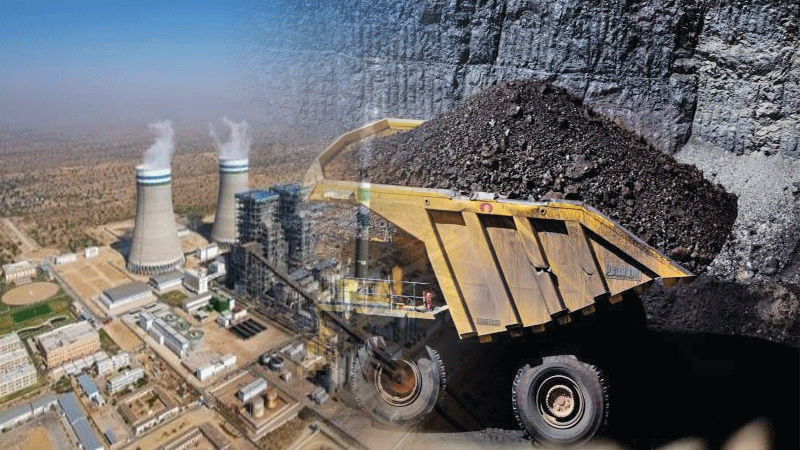During a webinar, energy sector experts stressed the importance of using indigenous Thar coal to meet Pakistan energy need.
The lack of coordination between capacity generation and distribution is a major problem for Pakistan energy sector. Due to a mismatch between supply and demand caused by this lack of coordination, the nation now experiences periodic nationwide blackouts and ongoing power shortages in some regions.
Due to the fact that many people and businesses now depend on their own generators to meet their energy needs, this has grown to be a significant problem.
Although progress has been sluggish, the government and relevant stakeholders are working to find a solution to this issue. The urgency of closing the energy sector’s lack of coordination is growing as the demand for energy rises further.
During a webinar held on Monday, energy sector experts stressed the importance of using indigenous Thar coal to meet Pakistan energy need.
They emphasised how important it is for Pakistan to explore its large coal reserves given the rise in oil and gas prices around the world. This will encourage the nation to move away from expensive imported energy and towards a more affordable, plentiful substitute.
The webinar “Thar Projects: The Solution to Pakistan’s Energy Needs” featured former Chief Economist of the Planning Commission and newspaper columnist Dr. Pervez Tahir, former Member Energy of the Planning Commission Shahid Sattar, and researcher and commentator Ali Khizar.
It was hosted by journalist and TV show host Zarrar Khuhro. Energy efficiency is not given priority in Pakistan, Tahir said, adding that even the private sector contributes to the issue by using old boilers and equipment.
“The energy crisis in Pakistan remains a pressing issue,” Tahir said. He talked about Pakistan’s energy situation, pointing out that most of the country’s energy mix is thermal and primarily depends on fossil fuels.
However, he stressed that Pakistan’s energy crisis is so severe that we cannot survive without coal, despite acknowledging the challenges in discussing coal due to concerns about the environment.
Tahir emphasized his trip to Thar, where he saw the region undergo significant change and development, and claimed that making use of the region’s coal reserves would be advantageous for the nation, the province, and the local population.
But he lamented the fact that the energy efficiency plan he developed in 1989 through the National Energy Conservation Center (ENERCON) was never put into practice. He emphasized the necessity of successfully implementing well-planned initiatives on a regular basis.
Sattar cited Pakistan’s current energy pricing structure as a significant barrier to the efficient use of energy. He stressed that Pakistan should follow the global trend and transition to a distributed generation system rather than continue to rely on established grid systems.
He went into detail about the circular debt problem, explaining how it is not taken into account in the tariffs set by the National Electric Power Regulatory Authority (NEPRA), which causes a big discrepancy between the cost of energy products and the amount consumed.
In order to ensure that the nation has a more effective and sustainable energy system, he stressed the importance of addressing this issue.
